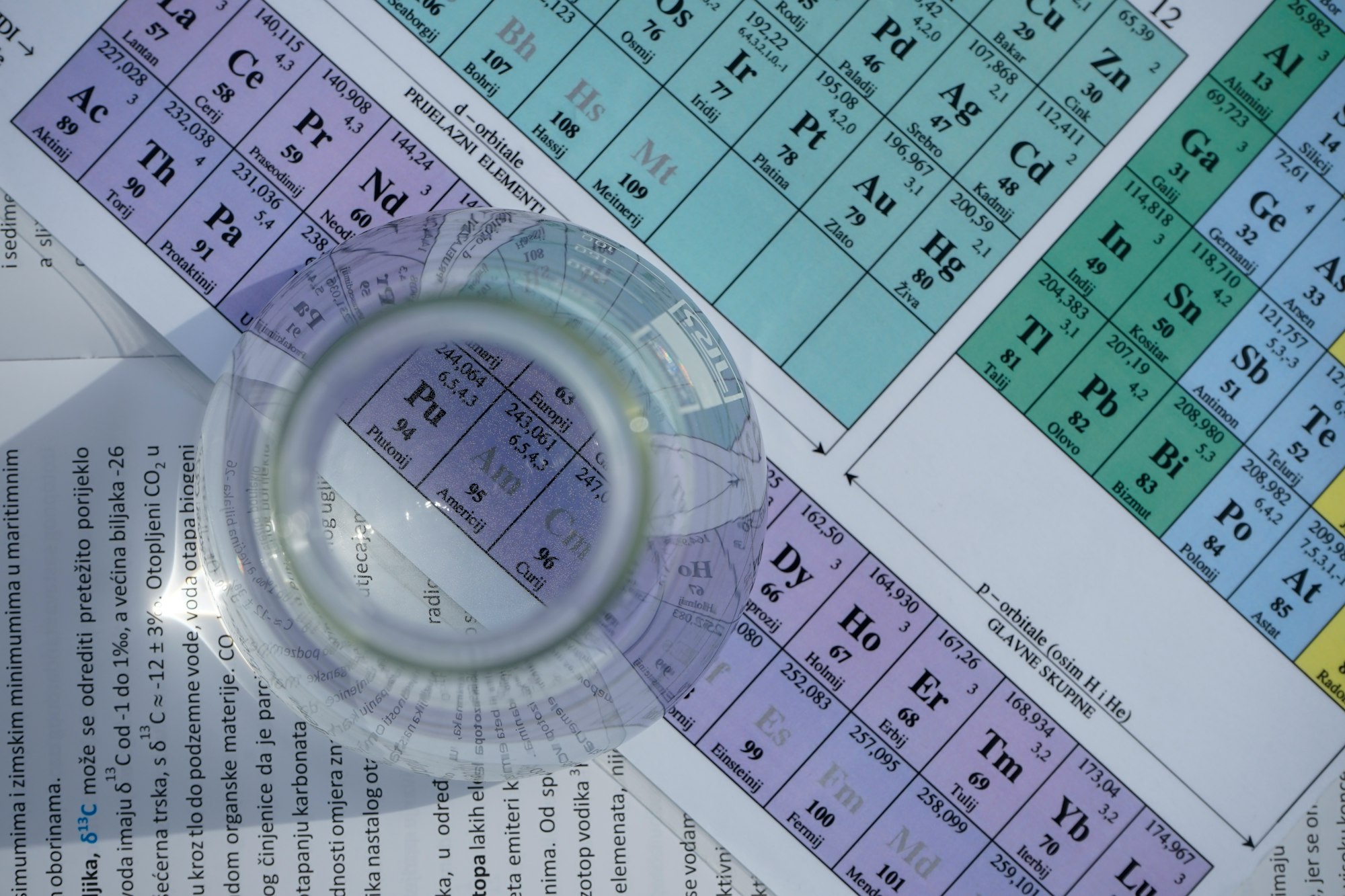The Chemistry exam is fast approaching but there’s still time to make sure you’re well prepared! In this article we’ll break down what different question types will come up on the exam best way to make sure your revision is as effective as possible.
What are the Different Multiple Choice Questions?
These questions require you to have a good overview of the entire course theory and perform quick calculations. Each question is only one mark; so if you’re running out of time, don’t waste your time doing multi-step calculations but instead, move on to some quick and easy theory or graph interpretation questions.
Here are some common topics to brush up on:



What are the Different types of Short Answer Questions?
Over recent years there’s been a steady pattern in the types of questions in Section B. Here are some types that have popped up often.
1. Understanding a secondary cell:
When approaching these the most important things to note are:
- Identifying your anode and cathode
- Whether the electrolyte is acidic or basic
- Whether the question refers to discharge or recharge

2. Reaction pathways:
The best way to orientate yourself with these questions is to:
- Not try fill in the blanks all at once
- Go question by question, understanding which functional groups is transforming to which, and what the requirements for this specific reaction is.

3. Identifying the organic molecules:
The best way to think about it is as a puzzle with different diagrams forming your puzzle pieces. For these remember what each diagram tells you
- IR: Specific functional groups
- Mass spectroscopy: Molecular formula
- CNMR & HNMR: Semi-structural formula

4. Equilibrium and Rates:
These questions can be your best friend if handled correctly.
- It’s important to remember what factors affect rates and what factors affect equilibrium, mol ratios and ICE tables
- When discussing theory make sure you include keywords such as Le Chatelier’s Principle, collision theory etc.

5. Experimental design questions:
These often pop up towards the end of the exam and cover a range of topics.
- Popular ones have been titration, calorimetry, and Faradays laws in the past.
- For these have a good understanding of variables, different errors and improvements as well as making sure your answers quote from the results and relate to theory.

6. Extended responses:
These are often the last question with a page of blank lines and over 3 marks. It’s easy to get overwhelmed but plan your answer first on a spare sheet with the number of points you bring up correlating to number of marks. There’s often a range of right answers so what the examiners are looking for is organisation and clarity!

Tips for the Exam
The Chemistry exam is on the longer side at 2 hours and 30 minutes. Despite this, a lot of students still struggle to finish and often have to skip questions. That’s why having a clear schedule in your head is the best way to maximise marks. Use the breakdown below as a rough guide on how you can tackle the exam:
1. 15 Minutes Reading Time
Reading time is one of the most important stages in getting yourself into exam mindset:
- Read the Short Answer First
- Use at least 10 minutes of reading time to flip to section B and read the question stems.
- Chances are when you get up to these question in the actual writing time adrenaline and nerves will make recognising the specific caveats n a lot harder.
- Particularly take a look at the final exam question which is a lot more theory based.
- Try plan different sub points in your head to answer this question.
- Memorise Multiple Choice
- With any remaining time you have, flick to the front of the book and answer a few theory based multiple choice.
- Not only will this save you time, but it’ll give you a confidence boost when writing time starts and you’ve already zoomed through six questions.
- However, be careful not to try memorise too much and try complex calculations in your head as this will lose you easy marks.
2. Writing Time
- Multiple Choice
- Section A consists of 30 multiple choice questions.
- I’d strongly recommend doing these first as many students run out of time if they try save it till last and lose a lot of easy marks.
- In terms of timing 30 minutes is ideal but anywhere up to 45 minutes is alright too.
- Short Answer
- The number of short answer questions can range up to anywhere from 9-11. That’s why it’s crucial to have a look at the number of questions breakdown at the start of your exam to plan your time accordingly.
- These questions consist of 90 marks (2/3rds of your total) and range in difficulty. Some questions and topics you’re more confident on will naturally take less time than others.
- That’s why I’d recommend breaking your time down in chunks, eg being more than halfway through with one hour remaining or two questions left by 30 minutes with 10 minutes spare to check over.
Keep in mind that these breakdowns won’t work for everyone, the best way to figure it out is do as many exams as possible and keeping track of what times you finish each section.
Conclusion
Overall, the exam requires having a good balance between the theory and application of all areas of study. To understand what exactly is tested, the study design and examiners report are your best friend.
However, when doing exams, remember the most important part of your practice is correcting them! The examiners’ report have the key words and lines of working out the markers are looking for so use it as your bible! Good luck with your revision!! Check these articles out for more study tips:



FAQs
How important is the VCE Chemistry Exam?
- The end-of-year exam is worth 50% of your total VCE Chemistry study score.
- The other 50% comes from school-assessed coursework (SACs) in Units 3 and 4.
Where can I find practice questions?
- Free past papers, assessment reports, and sample questions are available from the official VCAA website.
- Many reputable tuition providers and school resources also supply topic-wise questions for targeted revision.
- The questions used in this article was from the VCAA 2021 Chemistry Exam: https://www.vcaa.vic.edu.au/Documents/exams/chemistry/2021/2021chem-w.pdf
Written by Dinali Fernando who pursued a Bachelor of Science/Doctor of Medicine at Monash University.








